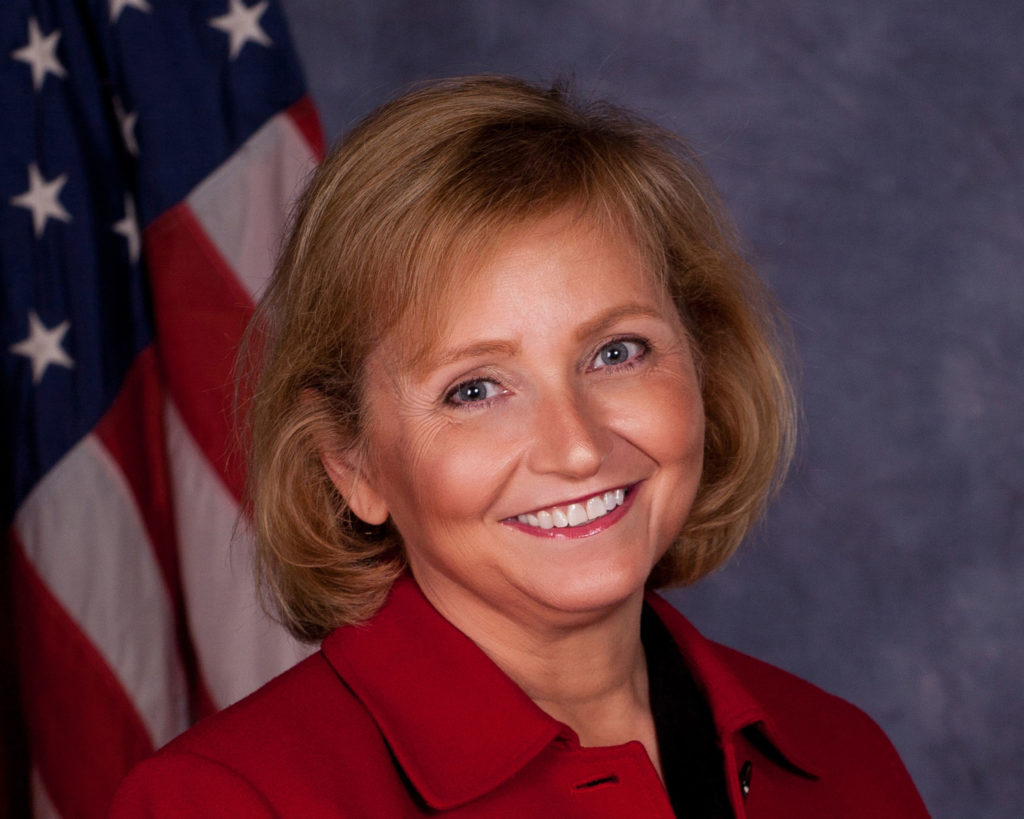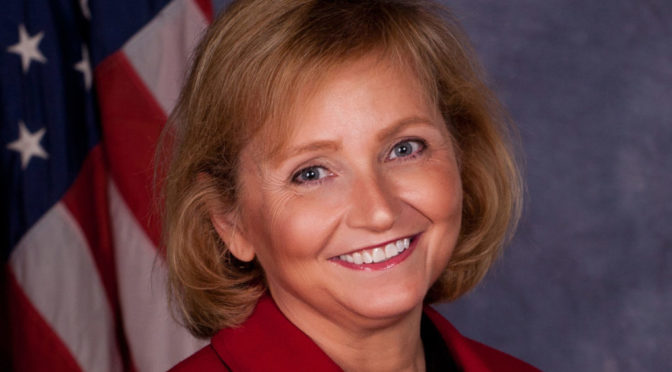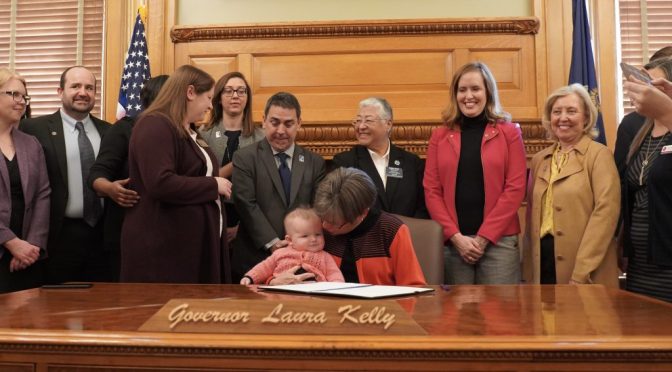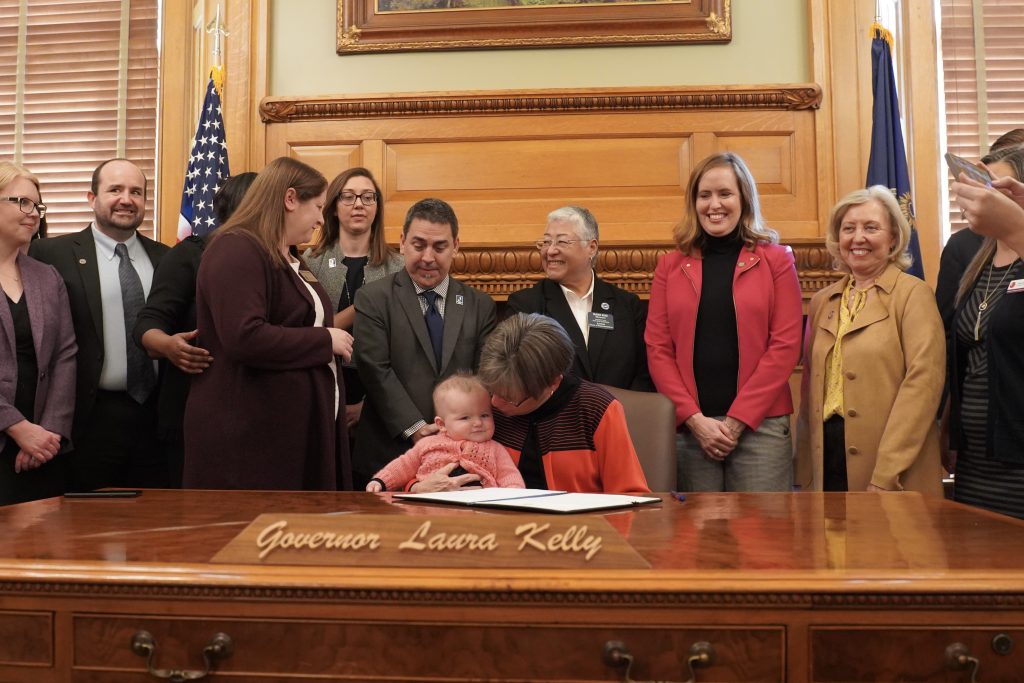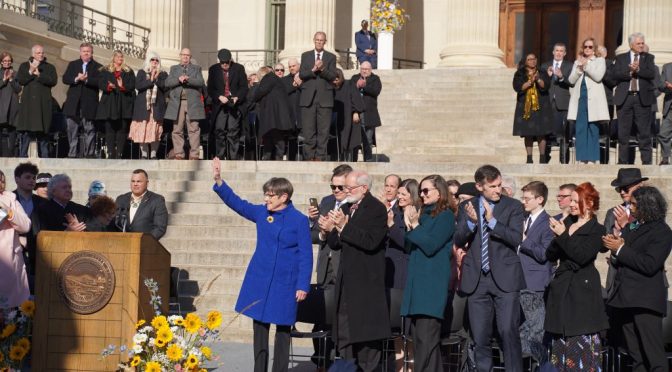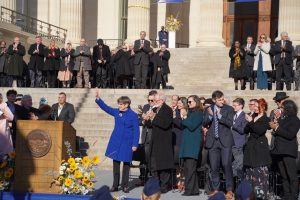Kansas Issues Fish Consumption Advisories for 2023
TOPEKA – The Kansas Department of Health and Environment (KDHE) and the Kansas Department of Wildlife and Parks (KDWP) are issuing fish consumption advisories for 2023. The advisories identify types of fish or other aquatic animals that should be eaten in limited quantities or, in some cases, avoided altogether because of contamination. General advice and internet resources are provided to aid the public in making informed decisions regarding the benefits and the risks associated with eating locally caught fish from Kansas waters.
Definitions:
Bottom-feeding fish: buffaloes, carps, catfishes, sturgeons and suckers.
Shellfish: mussels, clams and crayfish.
Serving size (skinless fish fillets before cooking):
- Adults and children age 13 and older = 8 ounces
- Children age 6 to 12 = 4 ounces
- Children younger than 6 = 2 ounces
Statewide Mercury Advisories for Fish:
Getting outside to catch fish and eating fish has many health benefits, but all fish contain some amount of mercury. Anyone who routinely eats fish or serves fish to their children should carefully consider the types and amounts they eat, including store-bought fish. Too much dietary mercury can harm the development of fetuses, nursing babies and growing children. Therefore, mercury-sensitive individuals (women who are pregnant, nursing, or may become pregnant, and children younger than 17 years old) should follow the guidelines presented below for eating fish caught in Kansas.
Fishing and Eating Guidelines:
- Eat smaller portions – a fillet about the size of your palm.
- Eat types of fish with less mercury (Preferred Choice Fish in the chart below).
- If you don’t know the type or size of fish you are eating, wait at least a week before eating fish again.
- When fishing, keep fish shorter than your forearm (fingertips to elbow) or less than 20 inches as regulations allow.
| Preferred Choice Fish |
Servings |
| Blue and Channel Catfish
Common Carp
Crappies
White Bass, White Perch, Wiper, Striped Bass
Walleye, Sauger, Saugeye
Bullhead Catfish
Drum
Sunfish (Bluegill, Green, Redear, etc.) |
1 or 2
per week |
| Second Choice Fish |
Servings |
| Buffaloes (Black, Bigmouth, Smallmouth)
Flathead Catfish
Bass (Largemouth, Smallmouth, and Spotted) |
1 or 2
per month |
Reduce the recommendations above if you tend to keep fish larger than about 20 inches to:
- Preferred Choice Fish – not more than 1 serving per week
- Second Choice Fish – not more than 1 serving per month
For specific questions or concerns about mercury in Kansas fish, please contact KDHE. For information about mercury in fish caught in other states, in store bought fish, and in other types seafood please visit the U.S. EPA and U.S. FDA websites.
Waterbody specific advisories for all consumers:
Kansas recommends restricting consumption of bottom-feeding fish and catfishes to 1 serving per week from the following locations because of polychlorinated biphenyls (PCBs):
- Cow Creek in Hutchinson and downstream to the confluence with the Arkansas River (Reno County).
- Kansas River from Lawrence (below Bowersock Dam) downstream to Eudora at the confluence of the Wakarusa River (Douglas and Leavenworth counties).
- Little Arkansas River from the Main Street Bridge immediately west of Valley Center to the confluence with the Arkansas River in Wichita (Sedgwick County).
Kansas recommends restricting consumption of bottom-feeding fish and catfishes to 1 serving per month from the following location because of PCBs:
- K-96 Lake in Wichita (Sedgwick County).
Kansas recommends not eating specified fish or aquatic life from the following locations:
- Arkansas River from the Lincoln Street dam in Wichita downstream to the confluence with Cowskin Creek near Belle Plaine (Sedgwick and Sumner counties); bottom-feeding fish and catfishes due to PCBs.
- Shoal Creek from the Missouri/Kansas border to Empire Lake (Cherokee County); shellfish due to lead and cadmium.
- Spring River from the confluence of Center Creek to the Kansas/Oklahoma border (Cherokee County); shellfish due to lead and cadmium.
- Antioch Park Lake South in Antioch Park, Overland Park (Johnson County); all fish due to pesticides dieldrin, heptachlor epoxide, chlordane and dichlorophenyltrichloroethanes (DDTs).
- Arkalon Park Lakes in Liberal (Seward County) – Kansas recommends not eating any aquatic life because the lakes are sustained solely by treated municipal wastewater.
Waterbodies affected by Harmful Algae Blooms
To date, measured algal toxin levels in fish samples collected from waters affected by harmful algal blooms (HABs) suggest the fish are safe to eat. However, please take the following precautions:
- Avoid skin contact with water.
- Wear gloves when handling wet fish and equipment.
- Rinse fish with clean water.
- Remove skin from fillets and rinse with clean water prior to cooking or freezing.
- Eat only skinless fillets.
- Do not eat shellfish.
General advice for reducing exposure to chemicals in fish
- Keep smaller fish to eat and let the big ones go.
- Avoid eating fish parts other than fillets.
- Trim fat from fillets and/or use cooking methods that allows fat to drip away.
- Avoid subsistence fishing (relying on wild-caught fish for daily nutritional needs) in rivers within or immediately downstream of large urban/industrial areas.
- Do not eat fish or aquatic life from wastewater outfalls, waste treatment lagoons or stormwater retention ponds.
Other information from KDHE, KDWPT, EPA, and the American Heart Association
To view the advisories online and for information about KDHE’s Fish Tissue Contaminant Monitoring Program please visit the website at http://www.kdhe.ks.gov/1268.
For information about fishing in Kansas including licensing, regulations, fishing reports and fishing forecasts please visit the KDWPT fishing website http://ksoutdoors.com/Fishing.
For information about the health benefits vs. the risks of including fish in your diet please visit this American Heart Association website https://www.heart.org/en/news/2018/05/25/eating-fish-twice-a-week-reduces-heart-stroke-risk.
For technical information regarding the U.S. EPA risk assessment methods used to determine advisory consumption limits please visit http://www2.epa.gov/fish-tech.
#
